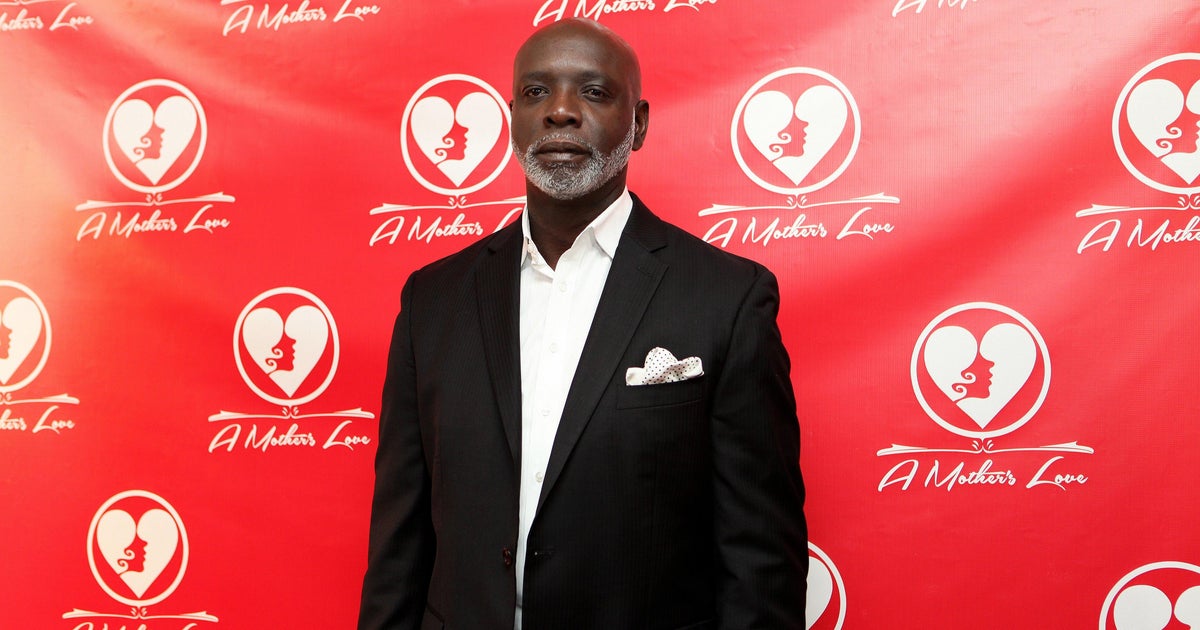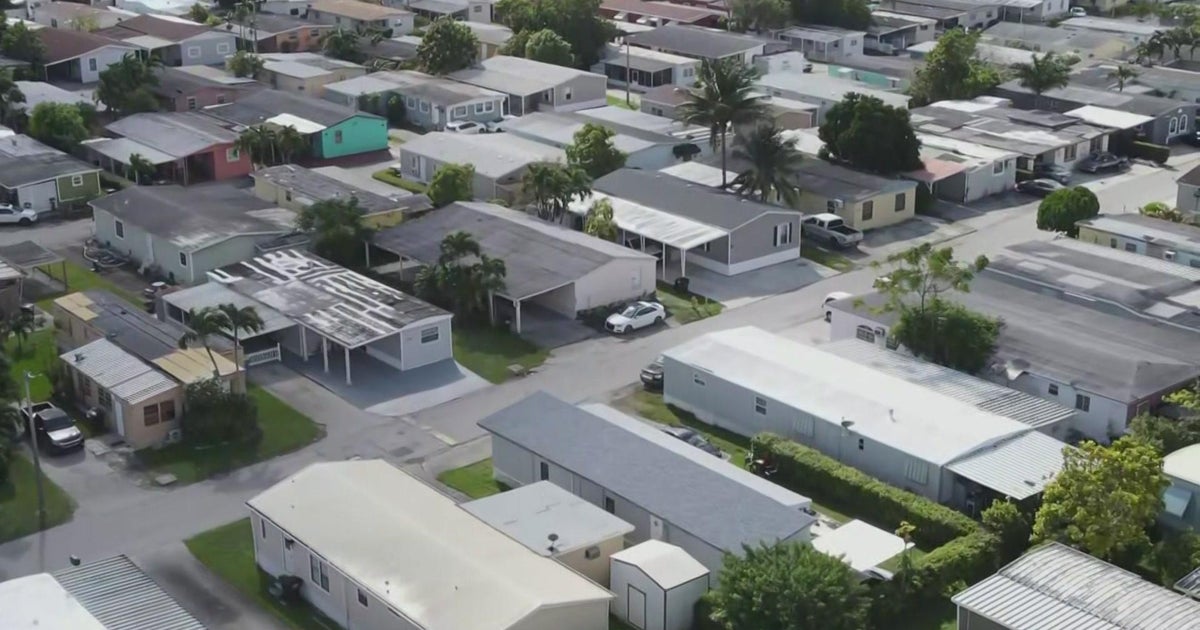Florida Governor Ron DeSantis, Seminole Tribe Hammer Out Gambling Deal
TALLAHASSEE (CBSMiami/NSF) -- Governor Ron DeSantis and the Seminole Tribe are set to sign off on a sweeping gambling deal that would bring sports betting to Florida and rake at least $2.5 billion into state coffers over the next five years, according to sources in the governor's office.
Under the agreement, the Seminoles would serve as the state's hub for online sports betting, with pari-mutuel operators contracting with the tribe, the governor's aides told The News Service of Florida in an interview Thursday.
The deal also would allow pari-mutuel operators to continue conducting lucrative "designated player" games offered at many card rooms throughout Florida. The card games were at the heart of the tribe's decision in 2019 to stop annual payments of about $350 million to the state under an earlier gambling agreement.
Discussions about the new deal, known as a "compact," have been ongoing for months, but high-level negotiations heated up over the past few weeks, with DeSantis taking a personal role in the talks.
The governor's representatives and tribal leaders are polishing final details on the deal, which could be signed as early as Friday, sources close to the talks said. The sources spoke on the condition that their names not be used.
The 30-year revenue-sharing agreement would allow the Seminoles to start offering craps and roulette at each of the tribe's seven casinos in Florida and would require the tribe to pay the state at least $500 million a year for the next five years, the sources said.
Pari-mutuel operators, professional sports leagues and gambling fans have been eager for sports betting to be authorized in Florida, the nation's third most-populous state and a tourist destination for tens of millions of visitors a year.
The compact under consideration would allow pari-mutuels that contract with the Seminoles to keep 60 percent of sports-betting revenue, with 40 percent going to the tribe. The tribe would pay to the state 10 percent of pari-mutuel operators' net winnings and 13.75 percent of the tribe's own sports-betting net revenues.
The pending agreement also would incentivize the tribe to contract with pari-mutuels to market the games. The Seminoles' sports-betting payments to the state would be increased by 2 percent if they do not contract with three pari-mutuel operators within three months after sports betting goes live. The compact would require the tribe to contract with an unlimited number of "willing and qualified" pari-mutuels, according to a source outside of the governor's office who is familiar with the negotiations.
In a prepared statement provided Thursday to the News Service, Seminole Tribe of Florida Chairman Marcellus Osceola Jr. said the tribe is "committed to a mutually beneficial gaming compact" with the state and looks forward to its approval by the Legislature, the Seminole Tribal Council and the U.S. Department of the Interior. The federal agency has the final say-so on tribal compacts.
"The Tribe wants to express our sincere thanks to Governor DeSantis, Senate President (Wilton) Simpson, House Speaker (Chris) Sprowls, and many others who have worked hard to negotiate a historic agreement that cements our partnership with the state for decades to come," Osceola said.
The potential deal comes after years of state and tribal leaders being unable to reach an agreement. Pari-mutuels are an important factor in the discussions, as they have operated for decades across the state and have large financial stakes in any changes to gambling laws.
A key to the latest deal is that pari-mutuel operators would be allowed to continue offering designated player games, a long-controversial issue in the industry.
Siding with the Seminoles, a federal judge in 2016 ruled that the card games violated a 2010 compact, which gave the tribe "exclusivity" over operating banked card games, such as blackjack. Under a settlement with former Gov. Rick Scott, the tribe continued to pay about $350 million a year to the state. But in 2019, the Seminoles made good on threats and quit the longstanding revenue-sharing agreement.
The agreement now being finalized would resolve "a situation that's been tense for years" by providing clarity and moving forward in a "way that protects Florida businesses but also gives the tribe some comfort" about the designated player games, one of the governor's aides said Thursday.
The potential compact "recognizes that designated player games do not breach the tribe's exclusivity, but it constrains" the card games "to their current footprint" and does not accommodate any significant expansion of the games, he said.
Settling the designated player controversy is a "Sisyphean task," Tallahassee attorney George Levesque, who served as the Florida House's general counsel during negotiations with the tribe over the 2010 compact, said in a phone interview.
"If the governor and the Legislature have managed to reach an agreement that allows the pari-mutuels to keep the player-banked games and provide more money to the state, then they've achieved something that I didn't think was possible," Levesque said.
The potential compact also addresses whether pari-mutuel operators can relocate, an issue known as "portability." The agreement would allow pari-mutuel permits to be transferred but would require the tribe's permission if a permit is transferred within 100 miles of the Seminole Hard Rock Hotel & Casino in Tampa, one of the nation's most lucrative gambling operations. The Seminoles also would need to sign off on permits transferred to Broward or Miami-Dade counties within 15 miles of their Hollywood casino.
Any compact would have to be authorized by lawmakers, who are scheduled to end their annual session April 30.
Lawmakers have started considering two gambling-related bills unrelated to the compact. One would create a governor-appointed gaming commission. The other would allow most horse tracks and jai alai operators to discontinue conducting live races or games but continue to offer more lucrative card games and, in some places, slot machines, a process known as "decoupling."
Simpson and Sprowls have indicated that lawmakers most likely would need to return to the Capitol for a special session to address any compact and ancillary pari-mutuel issues.
The potential compact authorizing sports betting could face legal challenges because of a 2018 constitutional amendment that required statewide voter approval for future expansions of gambling.
The amendment allows the Legislature to negotiate gaming compacts pursuant to the federal Indian Gaming Regulatory Act "for the conduct of casino gambling on tribal lands."
Having sports-betting servers on tribal property while people use mobile apps throughout the state would violate the amendment, said John Sowinski, who was the campaign manager of the political committee behind what appeared on the ballot as Amendment 3.
"I don't think it even passes the sniff test. The file server being on tribal land does not make the gambling on tribal land. If you accept that premise, then the tribe could operate casinos all over the state as long as the random-number generators in the slot machines were on tribal lands," he said.
Levesque called the sports-betting approach "a creative solution to address the Amendment 3 conundrum."
"Now, whether that's constitutional or not, I wouldn't hazard to guess," he said. "I would say that everything is constitutional until the court says it's not."
(©2021 CBS Local Media. All rights reserved. This material may not be published, broadcast, rewritten, or redistributed. The News Service of Florida's Dara Kam contributed to this report).



